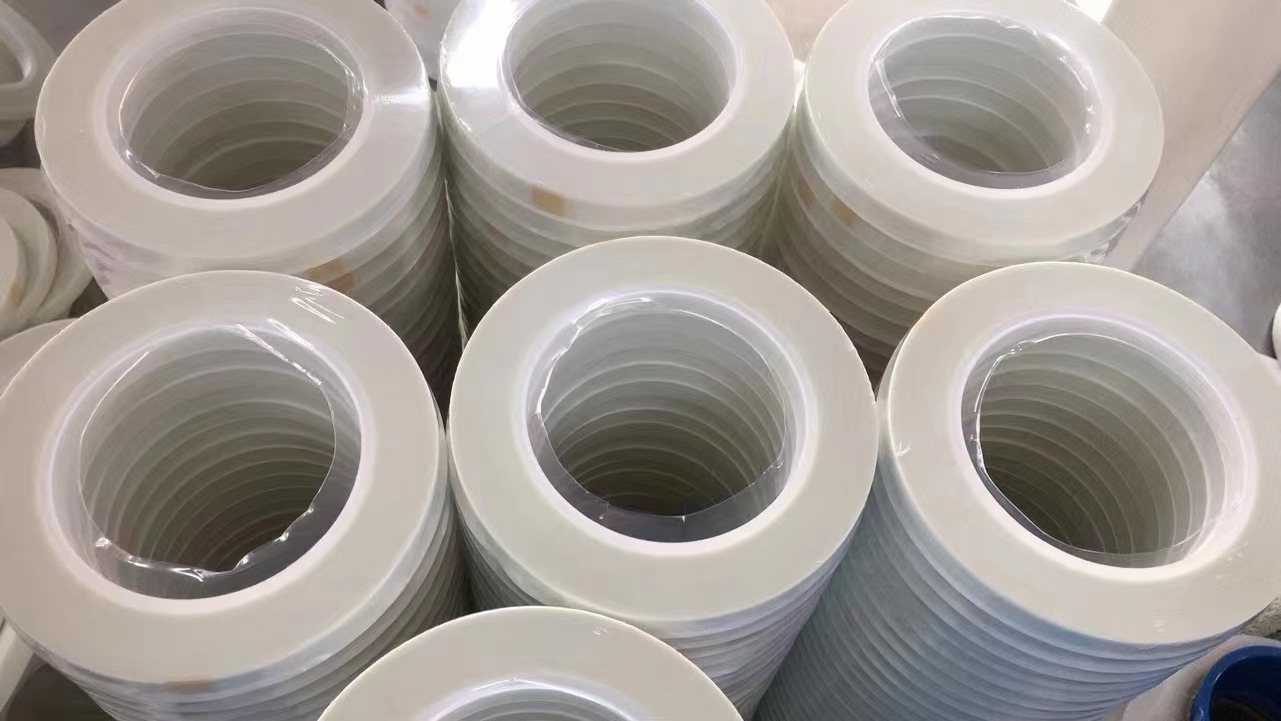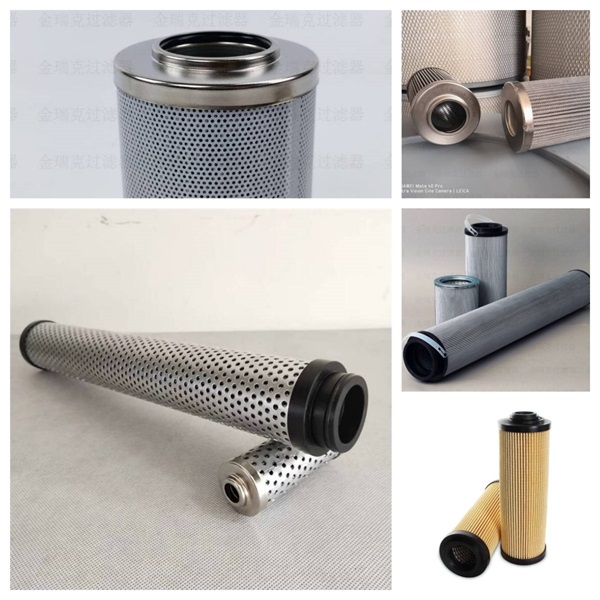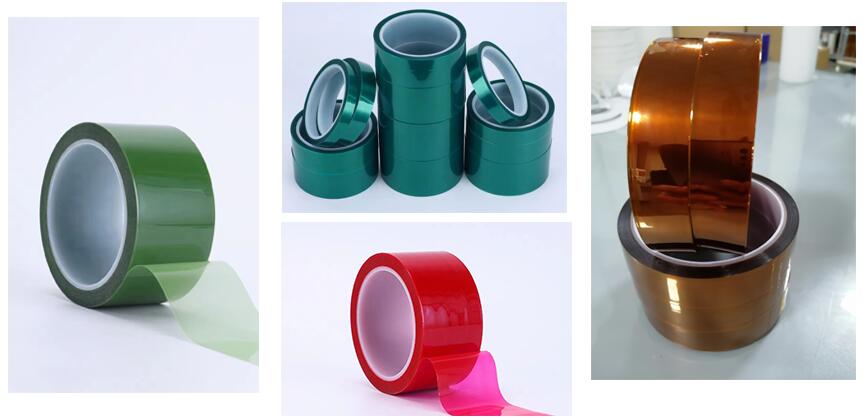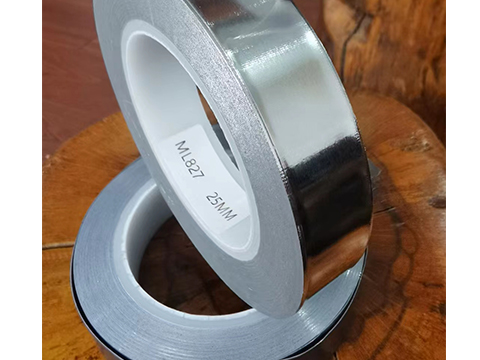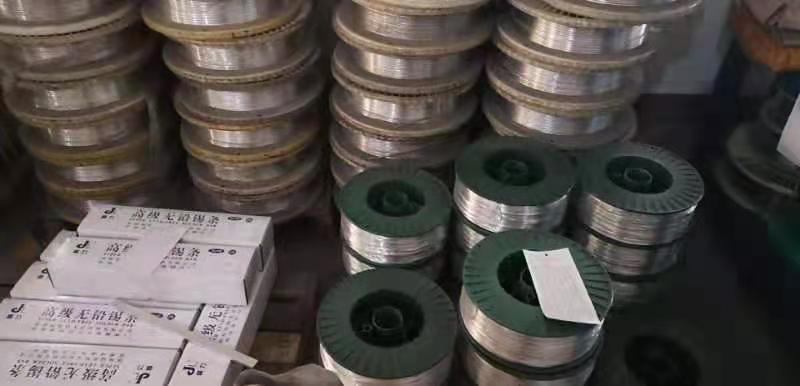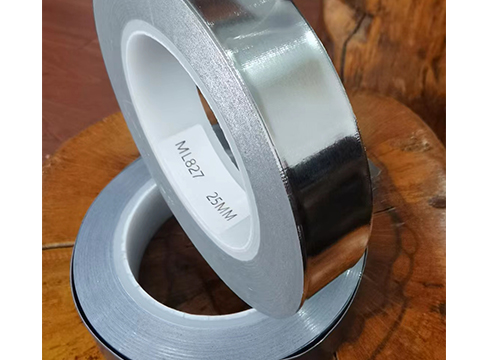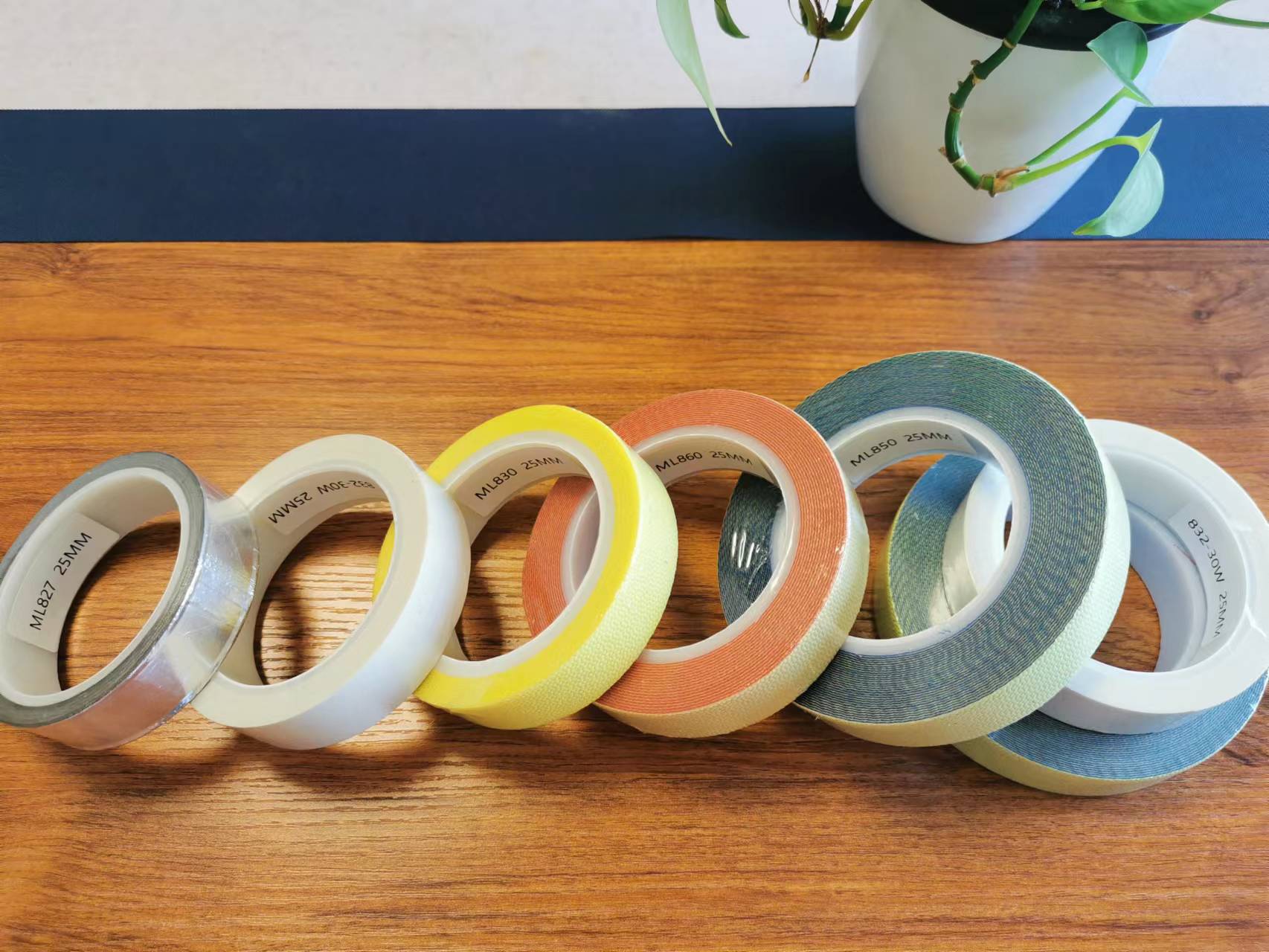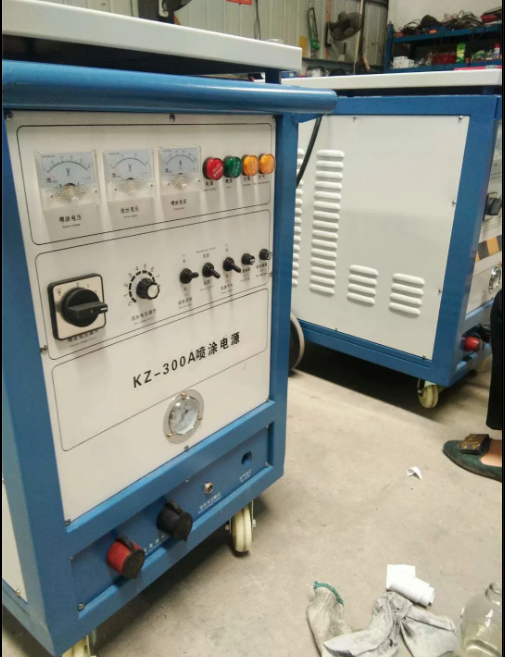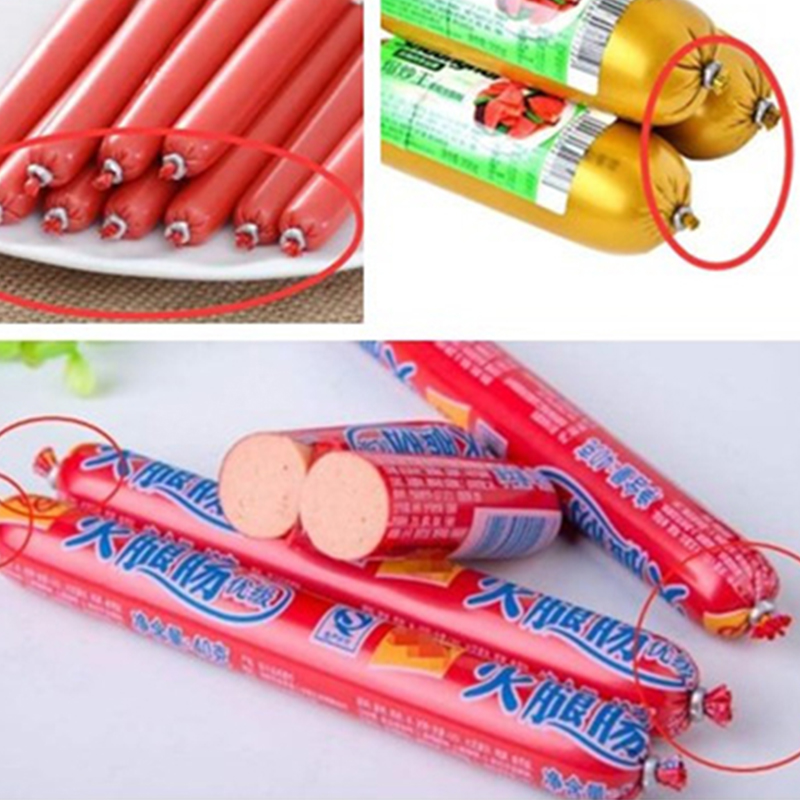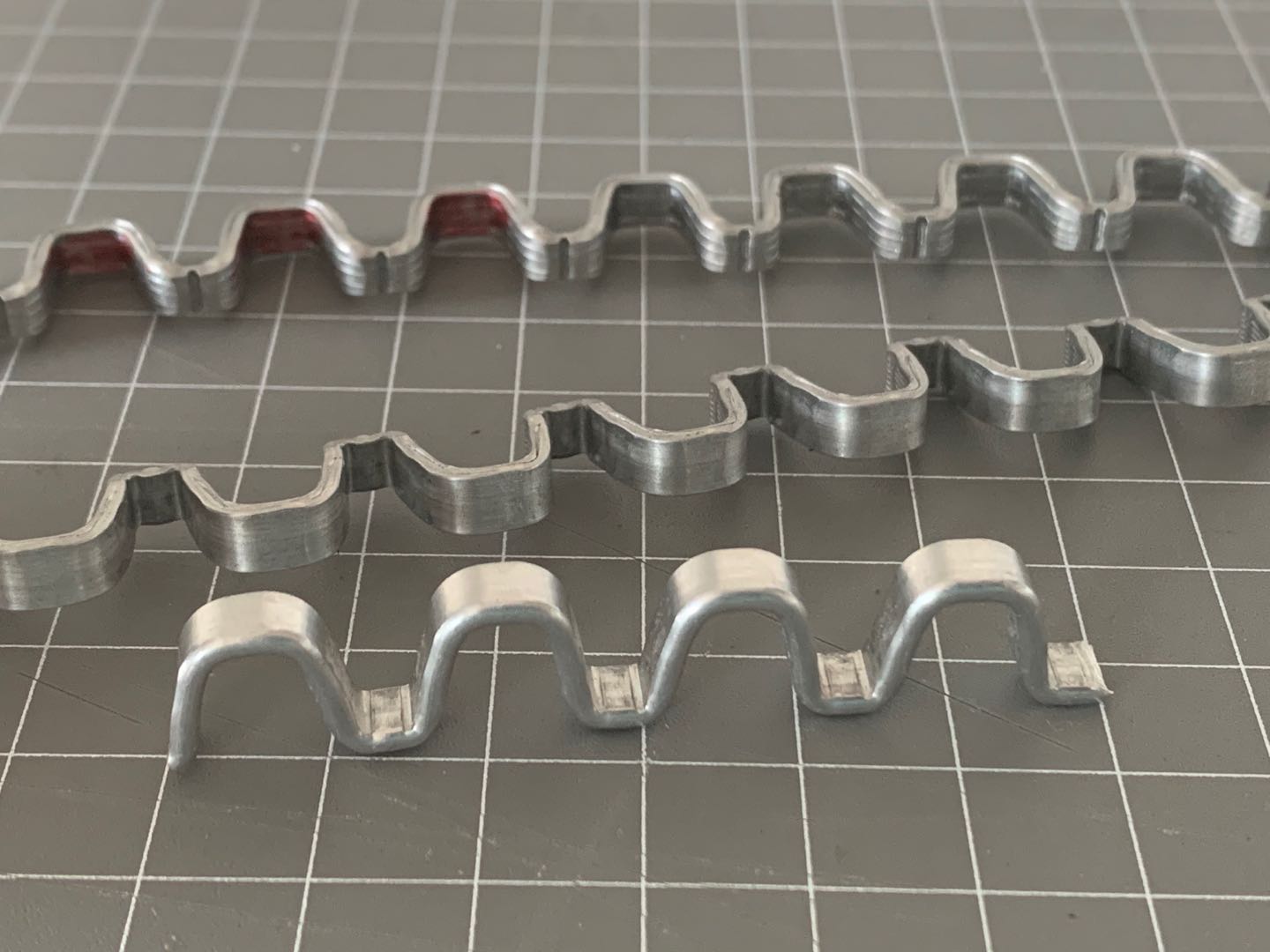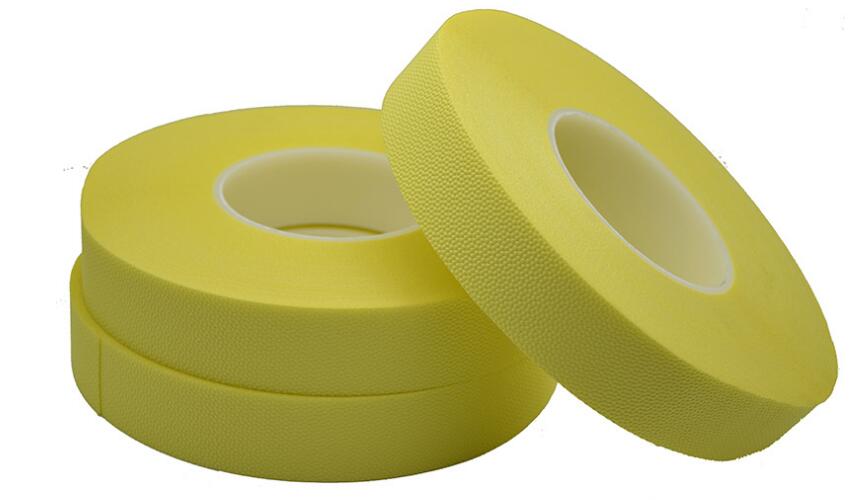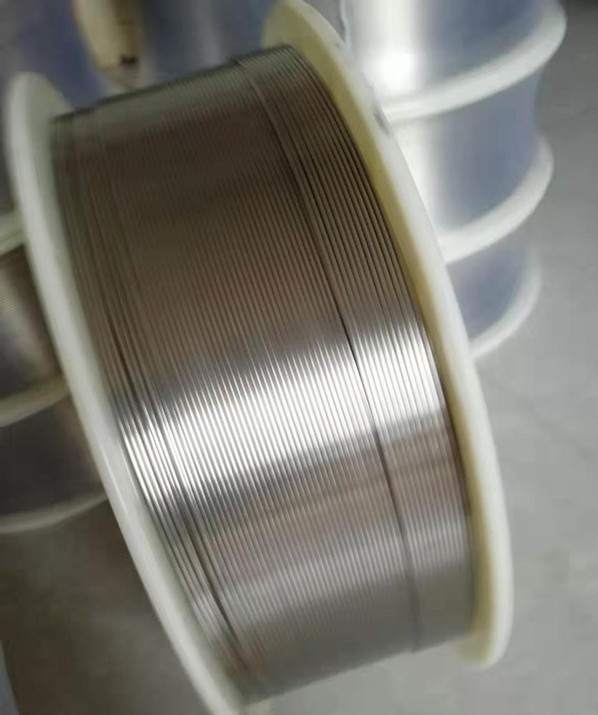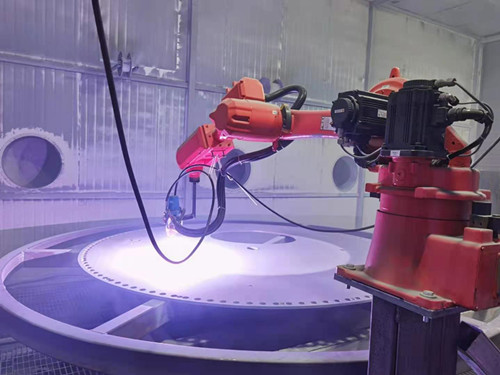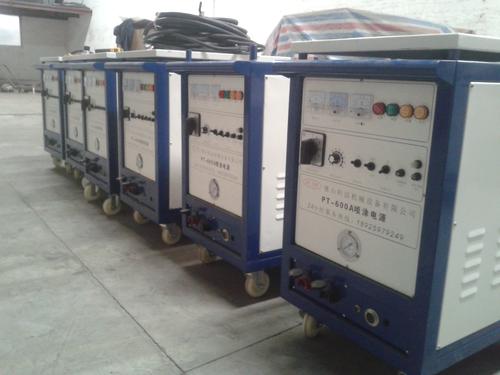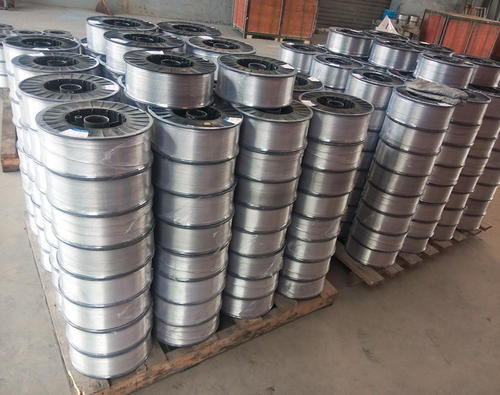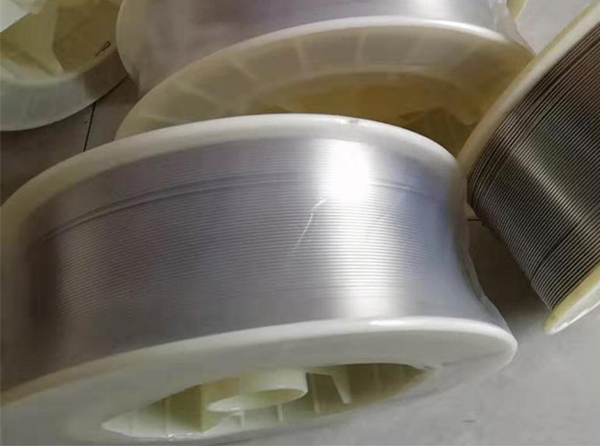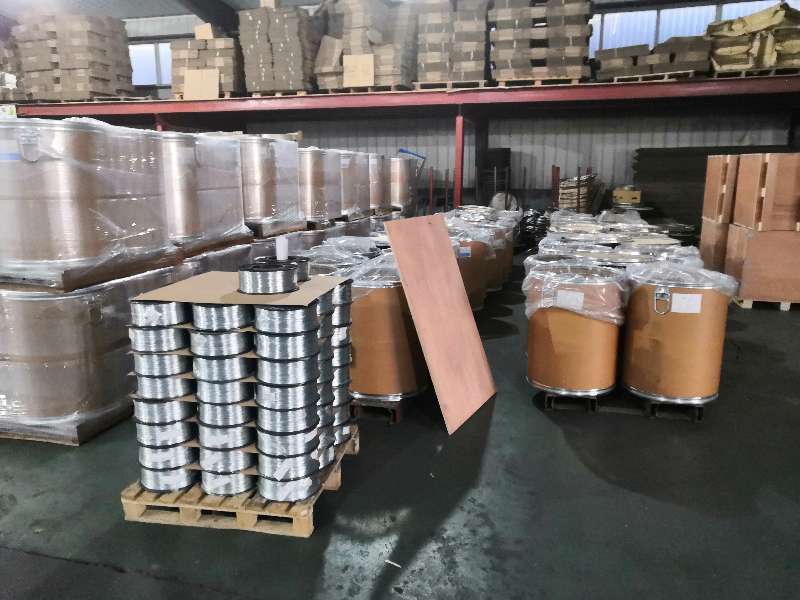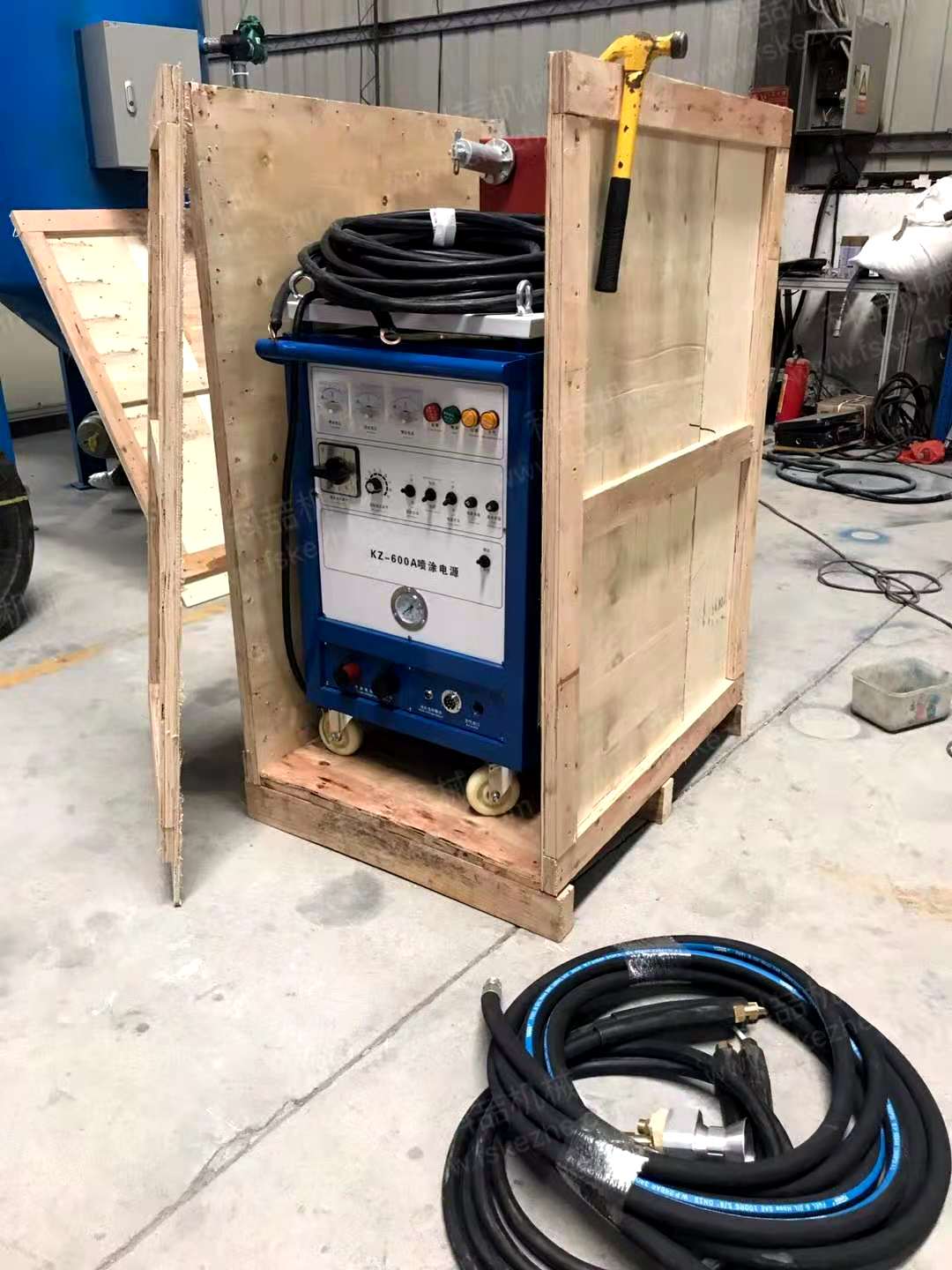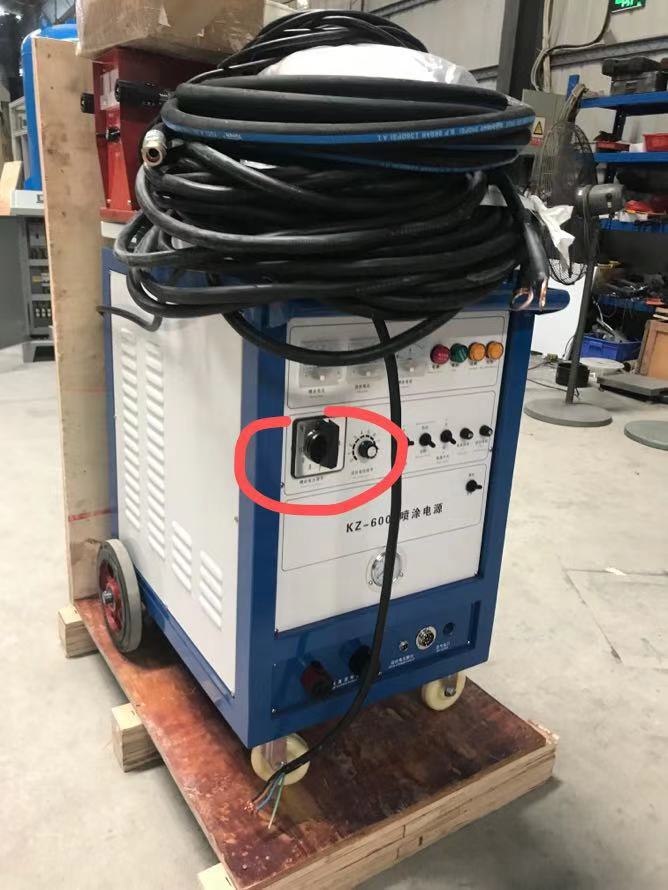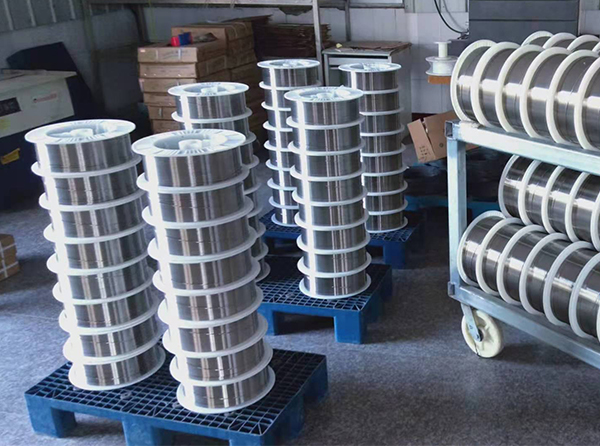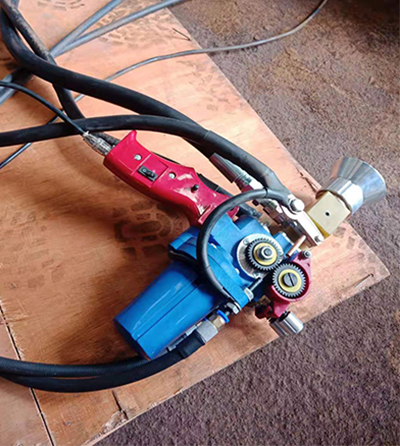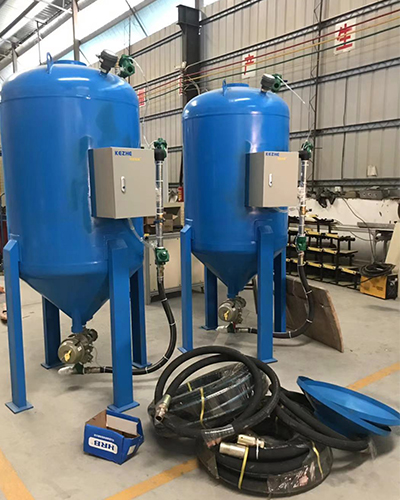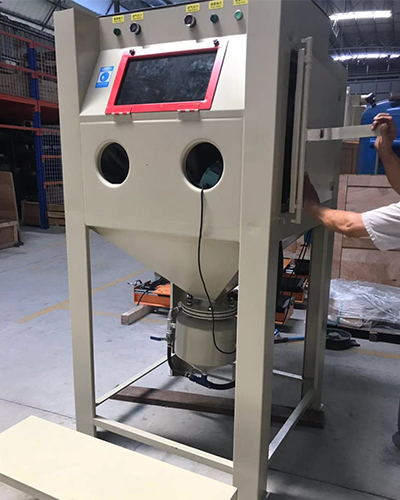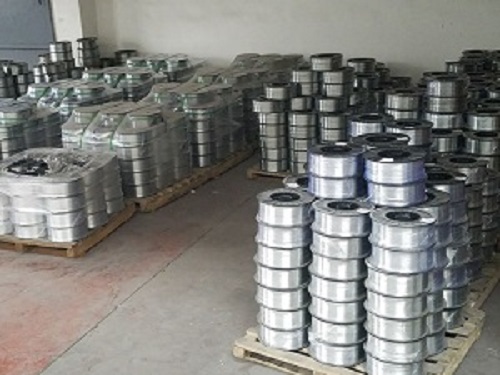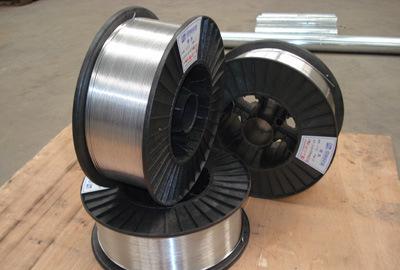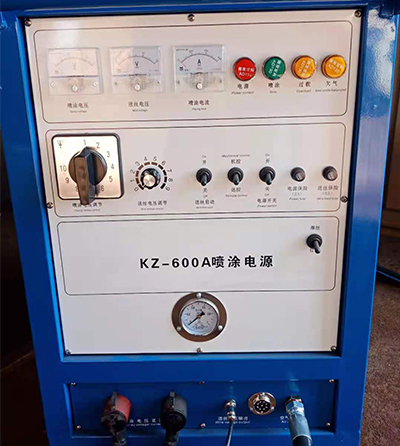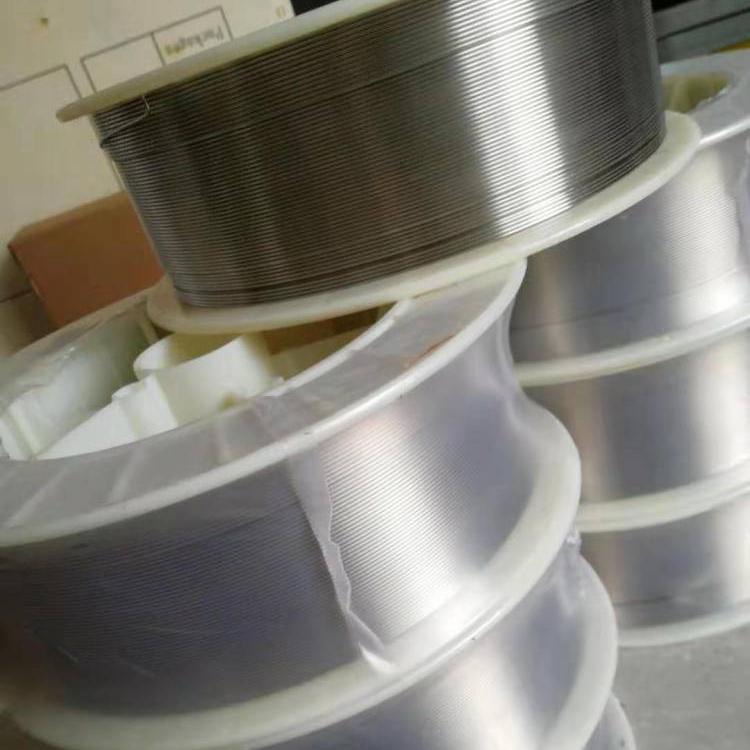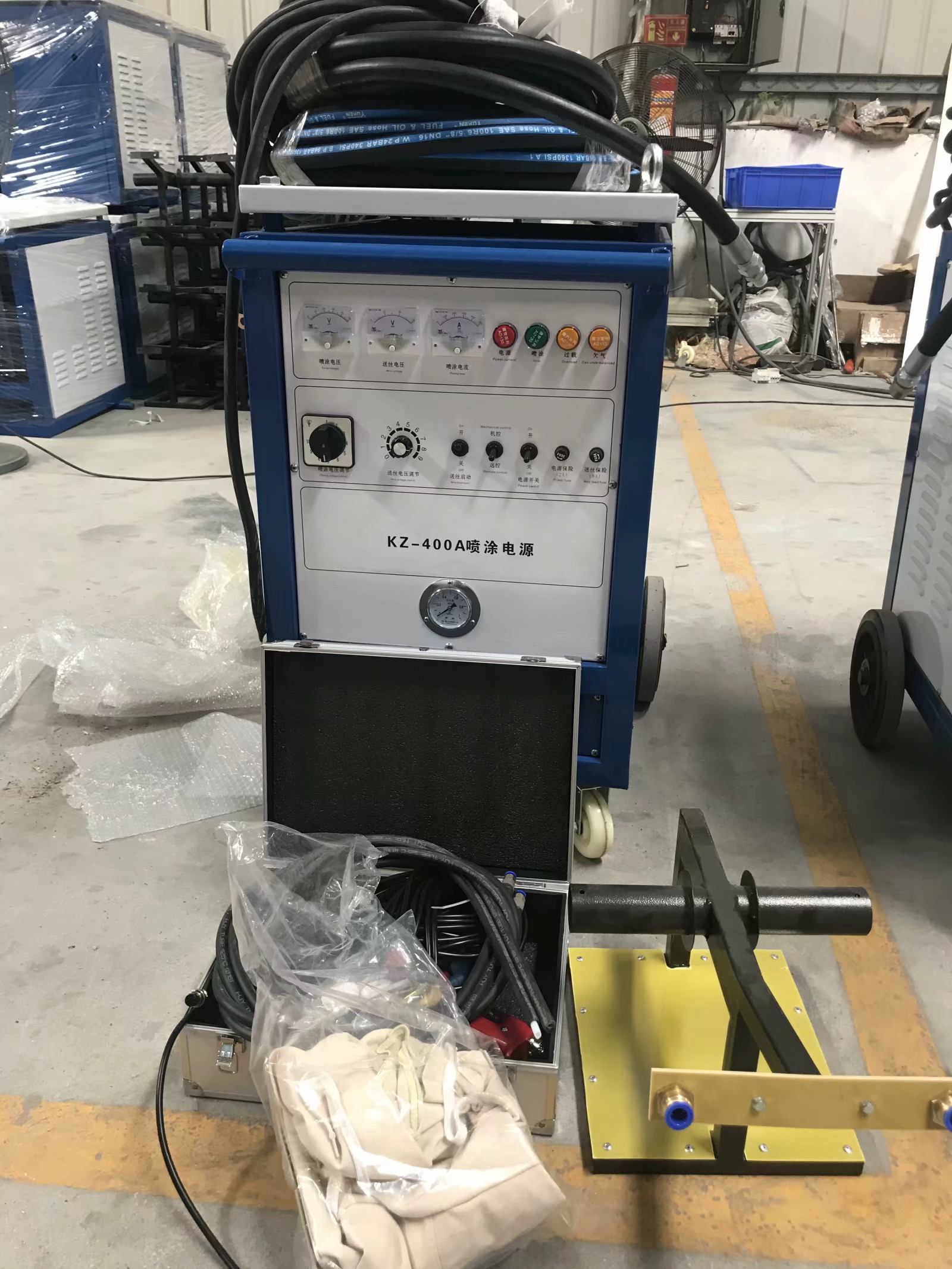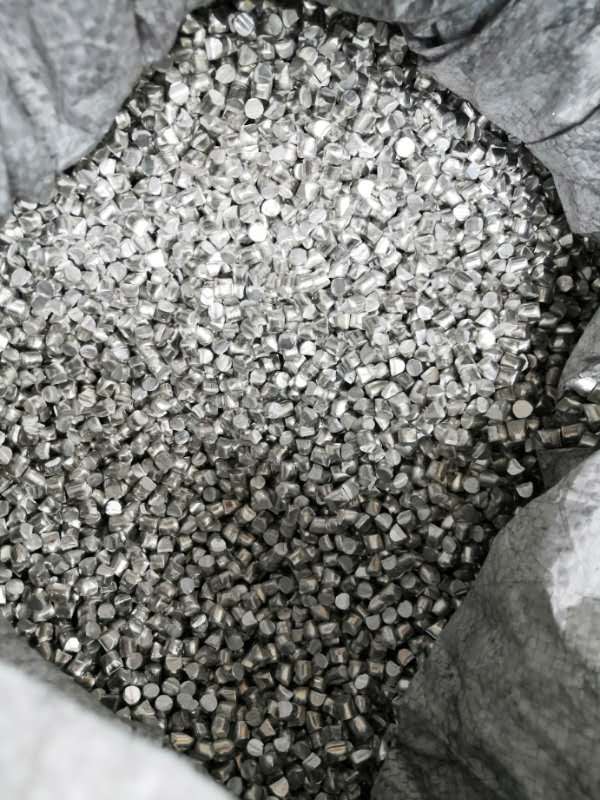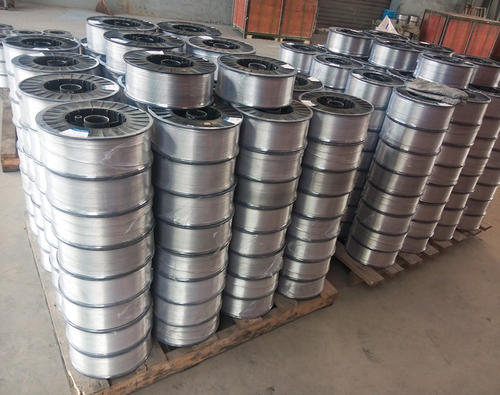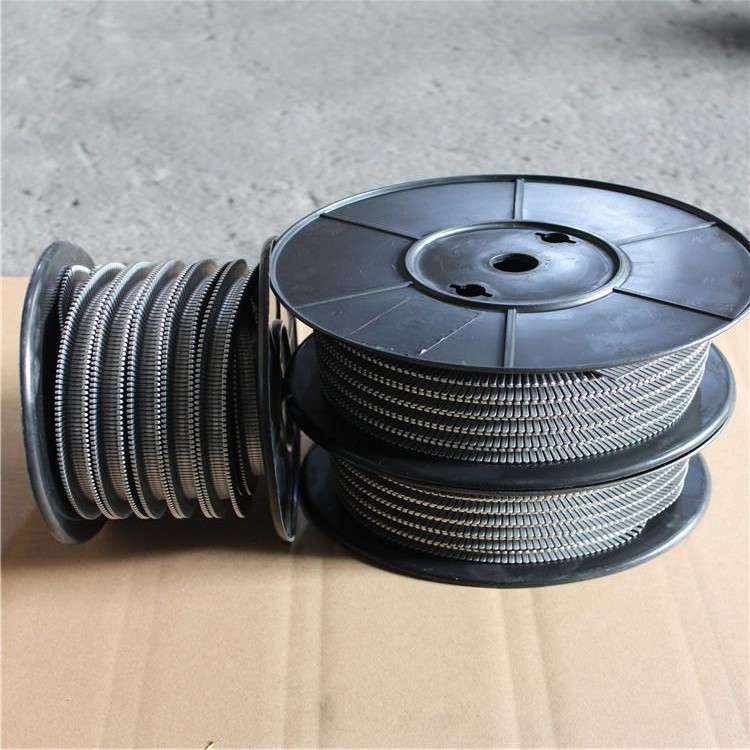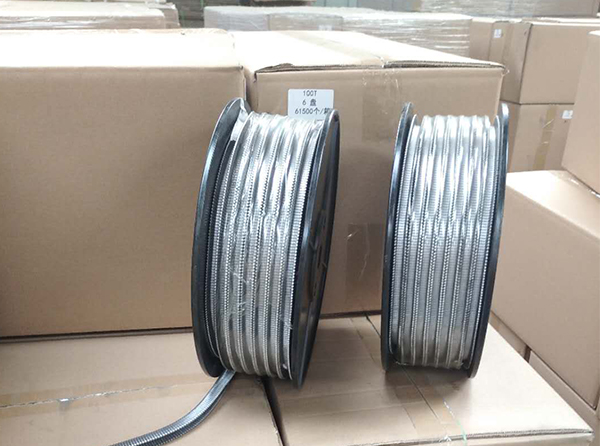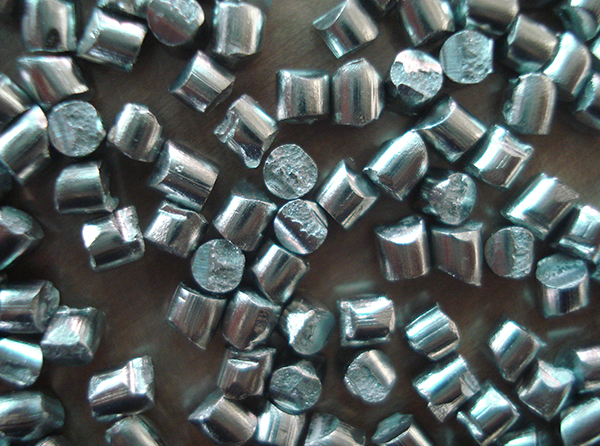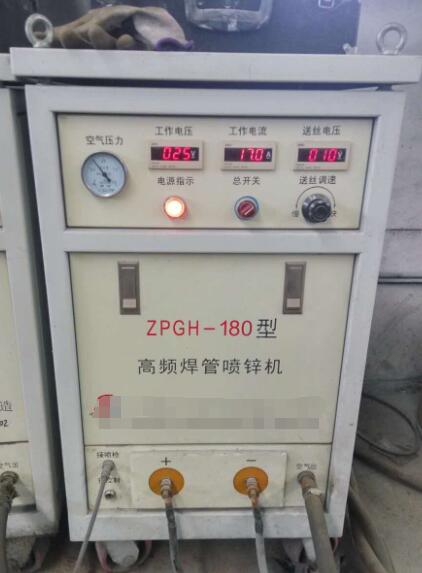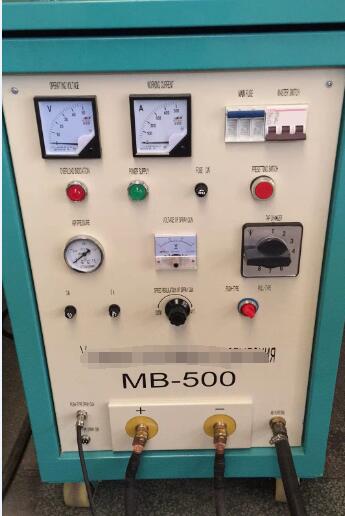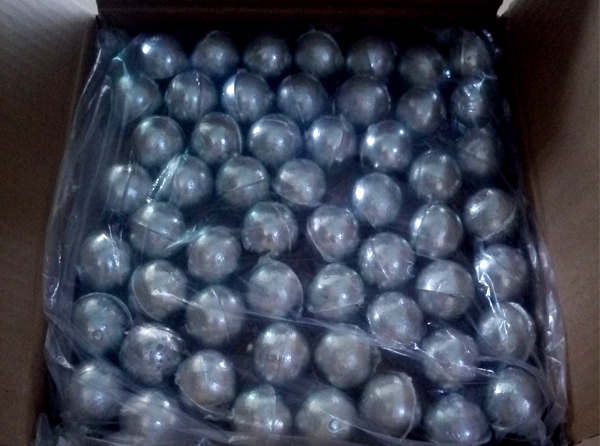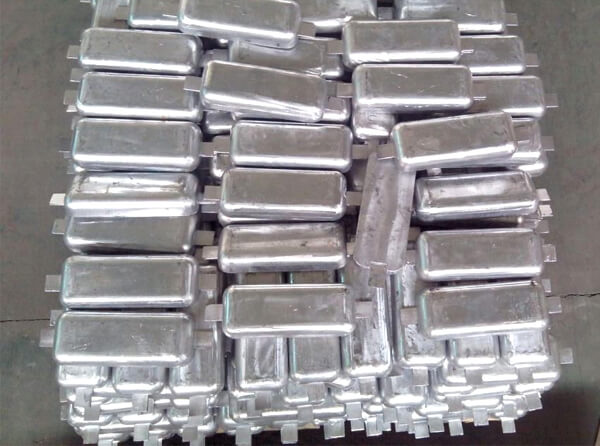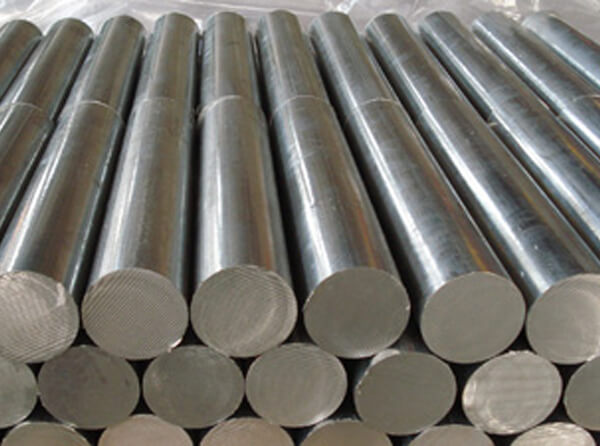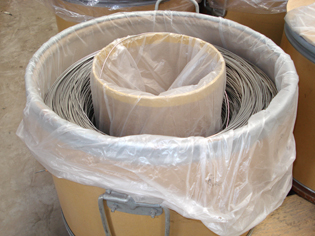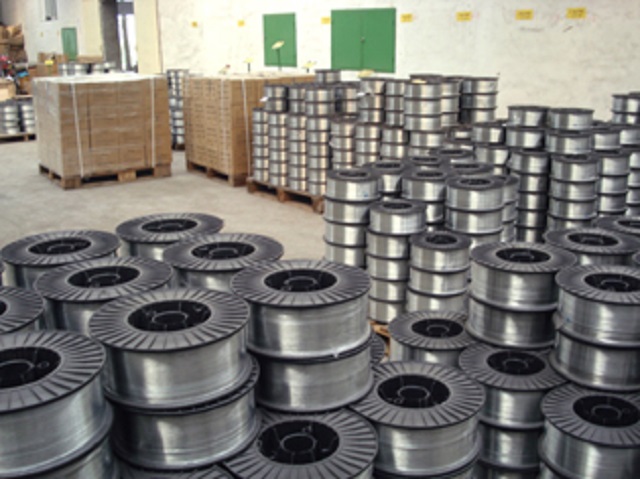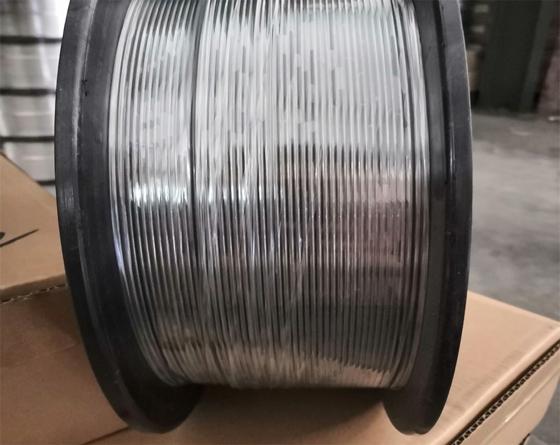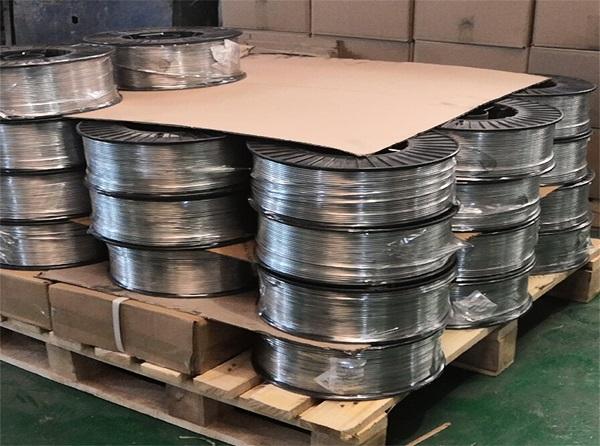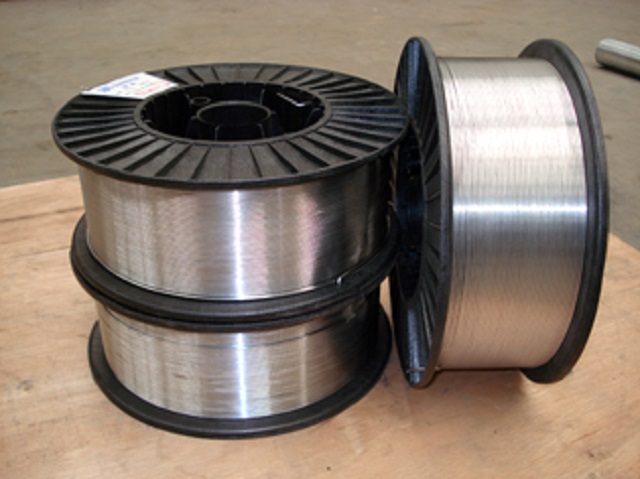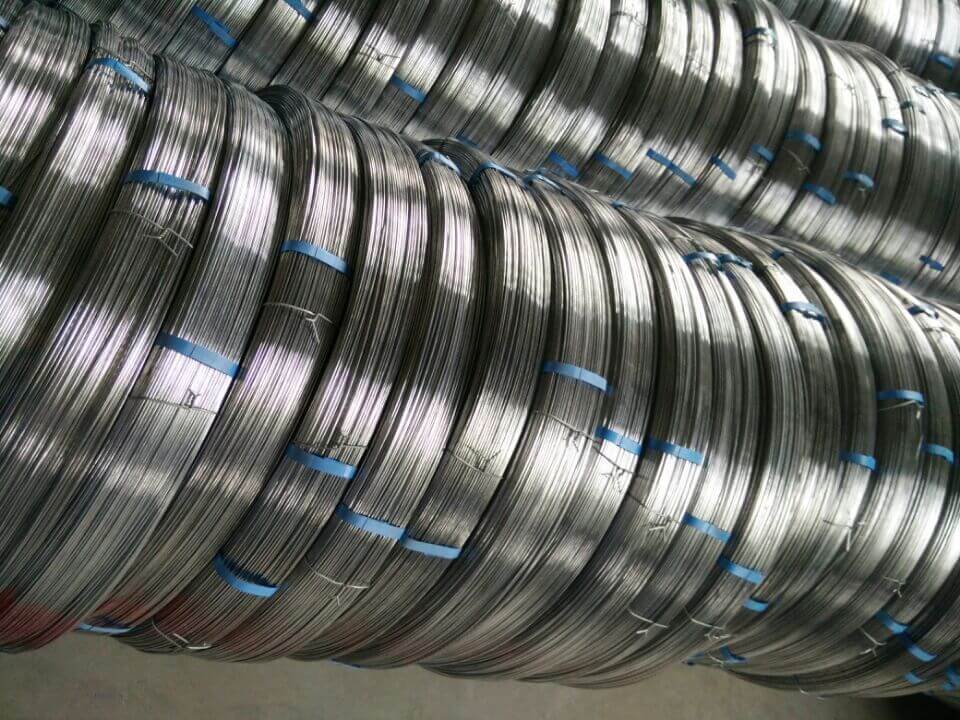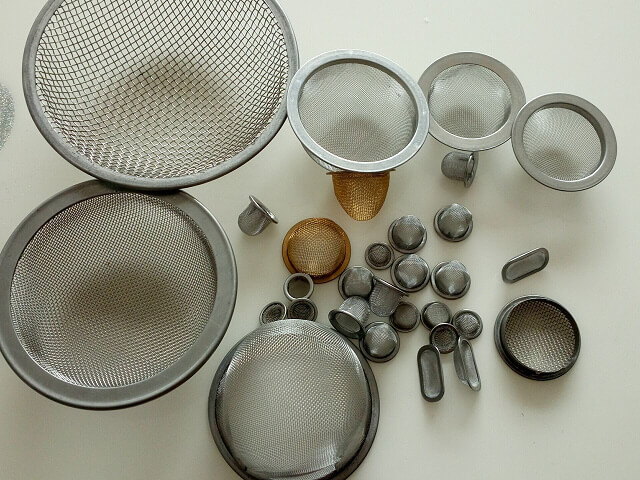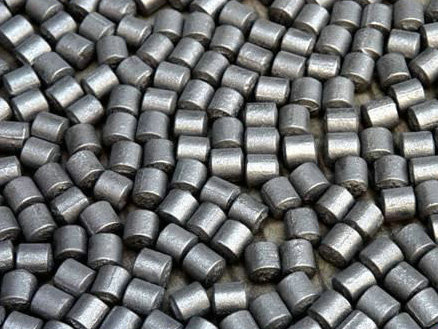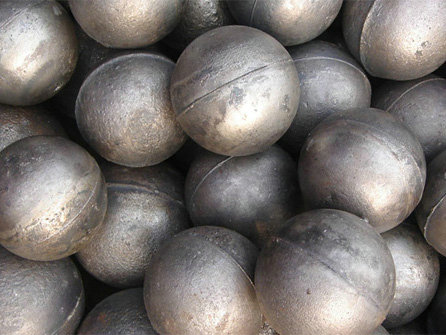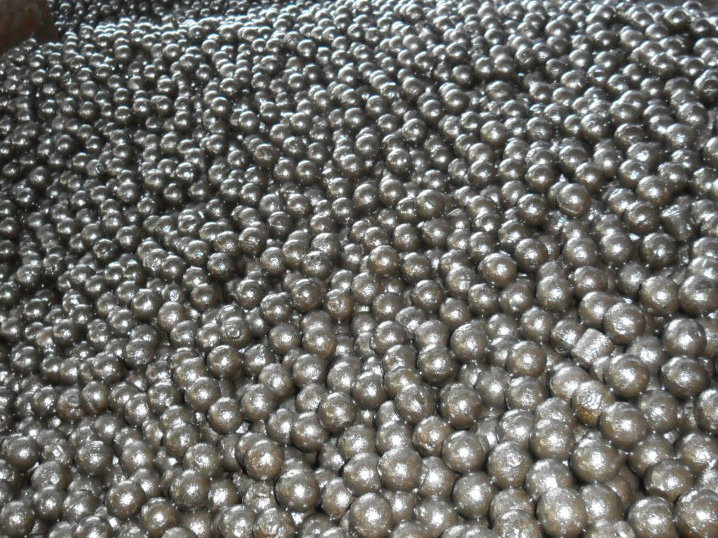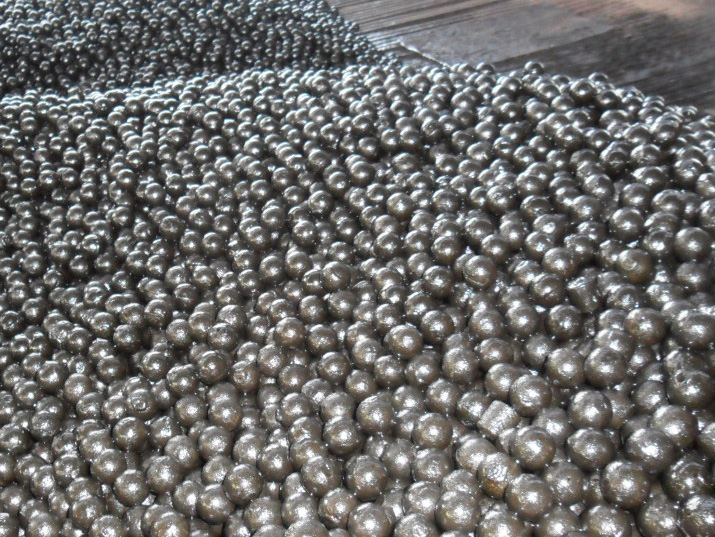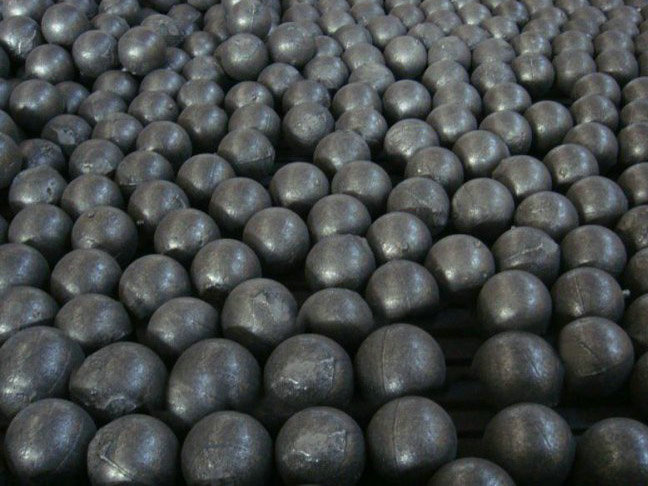what's metalizIng machine for LPG cylinder manufacturing line
In the context of LPG (Liquefied Petroleum Gas) cylinder manufacturing, a metalizing machine typically refers to a machine used in the thermal spraying process to apply a metallic coating (often zinc or aluminum) to the surface of the cylinders. This process is a type of corrosion protection commonly used to prevent rust and other forms of deterioration, especially given that LPG cylinders are often exposed to moisture and harsh environments.
What Is a Metalizing Machine?
A metalizing machine (often referred to as a thermal spray machine) is used to apply a metallic coating onto the surface of a substrate (such as a steel LPG cylinder) using a thermal spraying process. The term "metalizing" refers to the application of a metallic coating to the substrate, typically for the purpose of improving corrosion resistance, abrasion resistance, and aesthetic appearance.
Process of Metalizing in LPG Cylinder Manufacturing:
In an LPG cylinder manufacturing line, metalizing is typically used to coat the surface of steel or welded cylinders to prevent corrosion and extend their service life. The most common metalizing methods for LPG cylinder manufacturing are:
Flame Spray Metallizing:
Flame spraying is one of the most commonly used metalizing techniques. In this process, a wire made of metal (such as aluminum or zinc) is fed into a flame. The heat from the flame melts the wire, and compressed air then atomizes the molten metal and propels it onto the surface of the cylinder.
Coating material: Zinc and aluminum are commonly used for flame spraying to provide corrosion protection.
Arc Spray Metallizing:
In arc spray metallizing, two electrically charged wires (typically made of zinc or aluminum) are fed into a spray gun, where an electric arc is generated between them, melting the wires. The molten metal is then atomized and sprayed onto the cylinder's surface.
Advantages: This process typically results in higher deposition rates than flame spraying, making it more efficient for large-scale production.
Steps Involved in the Metalizing Process for LPG Cylinders:
Surface Preparation:
The surface of the LPG cylinder must be thoroughly cleaned and prepared to ensure that the metal coating adheres properly. This often involves grit blasting (abrasive blasting) to remove rust, oils, and other contaminants.
Metal Coating Application:
After surface preparation, the metalizing machine applies a metallic coating to the cylinder. This is done by melting metal wires (such as aluminum or zinc) and spraying them onto the cylinder's surface.
The metal coating forms a bond with the surface, offering corrosion protection and increasing the overall durability of the cylinder.
Finishing:
Once the metal coating is applied, the cylinders may go through additional processes like curing or sealing. Some cylinders might also undergo a visual inspection to ensure the coating is uniform and there are no defects.
Materials Used in Metalizing:
Zinc: Used primarily for its excellent corrosion resistance properties, especially in marine and industrial environments.
Aluminum: Provides corrosion resistance and can also improve the aesthetics of the cylinder.
Copper: In some cases, copper may be used for specific applications, though it's less common for LPG cylinders.
Advantages of Metalizing in LPG Cylinder Manufacturing:
Corrosion Resistance: Metalizing with zinc or aluminum provides a protective barrier against corrosion, particularly in environments where the cylinders may be exposed to water or chemical agents.
Increased Durability: The metallic coating increases the overall durability of the LPG cylinder, extending its service life.
Cost-Effective: Thermal spraying is often more cost-effective compared to other forms of coating or galvanizing.
Ease of Application: The metalizing process can be easily integrated into an existing manufacturing line with minimal downtime.
Applications:
LPG Cylinders: The primary application in this context is to protect the LPG cylinders from rust and corrosion, which is crucial as the cylinders are often used in harsh environmental conditions.
Pressure Vessels: Other pressure vessels, like those used for industrial gases, also benefit from metalizing for corrosion protection.
Storage Tanks: In industries like chemicals and oil, metalizing can protect storage tanks from corrosion and wear.
Conclusion:
A metalizing machine used in LPG cylinder manufacturing applies a metallic coating, typically made of aluminum or zinc, to the surface of the cylinders. This process improves the cylinders' resistance to corrosion and extends their longevity. It is an important part of the production line for ensuring the safety, durability, and reliability of LPG cylinders, particularly in challenging environments where exposure to moisture and corrosive substances is common.
sophiashen@canchunmetal.com
whatsapp:+86-13722988404






